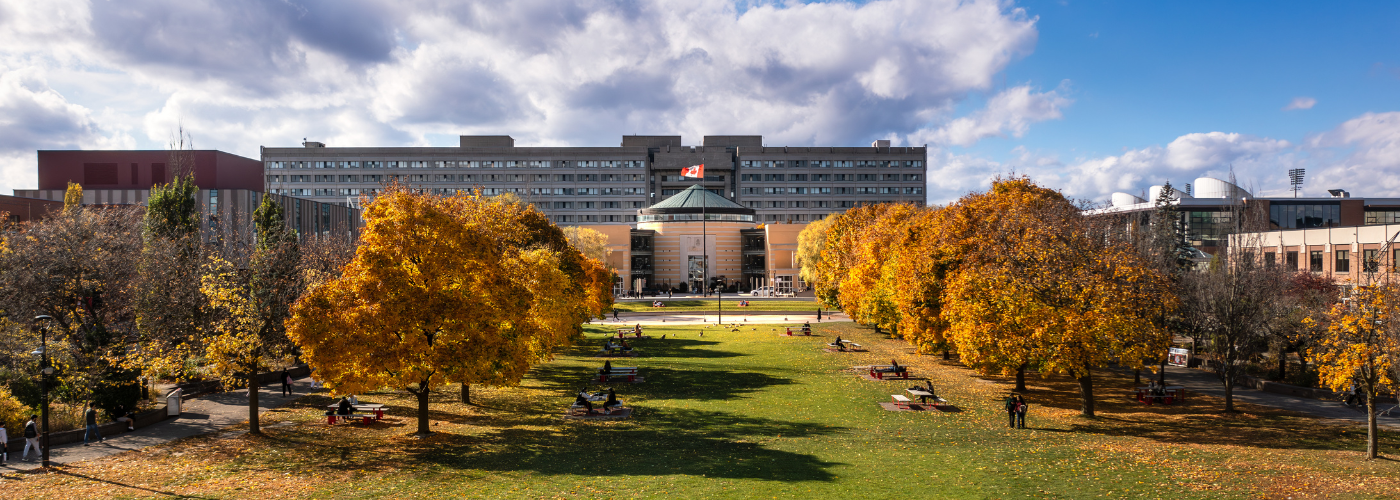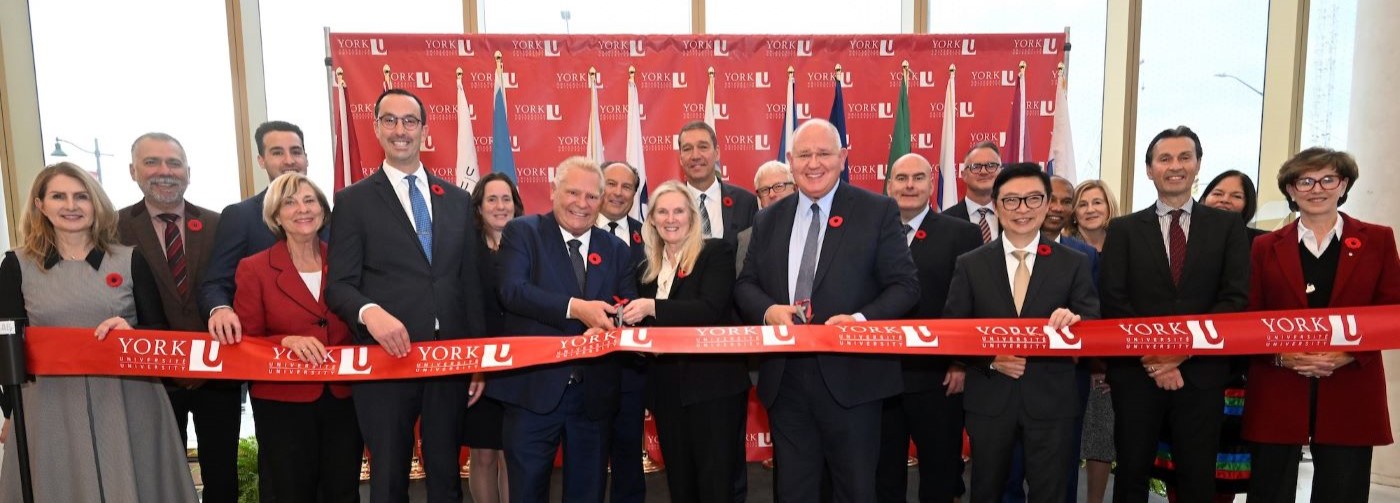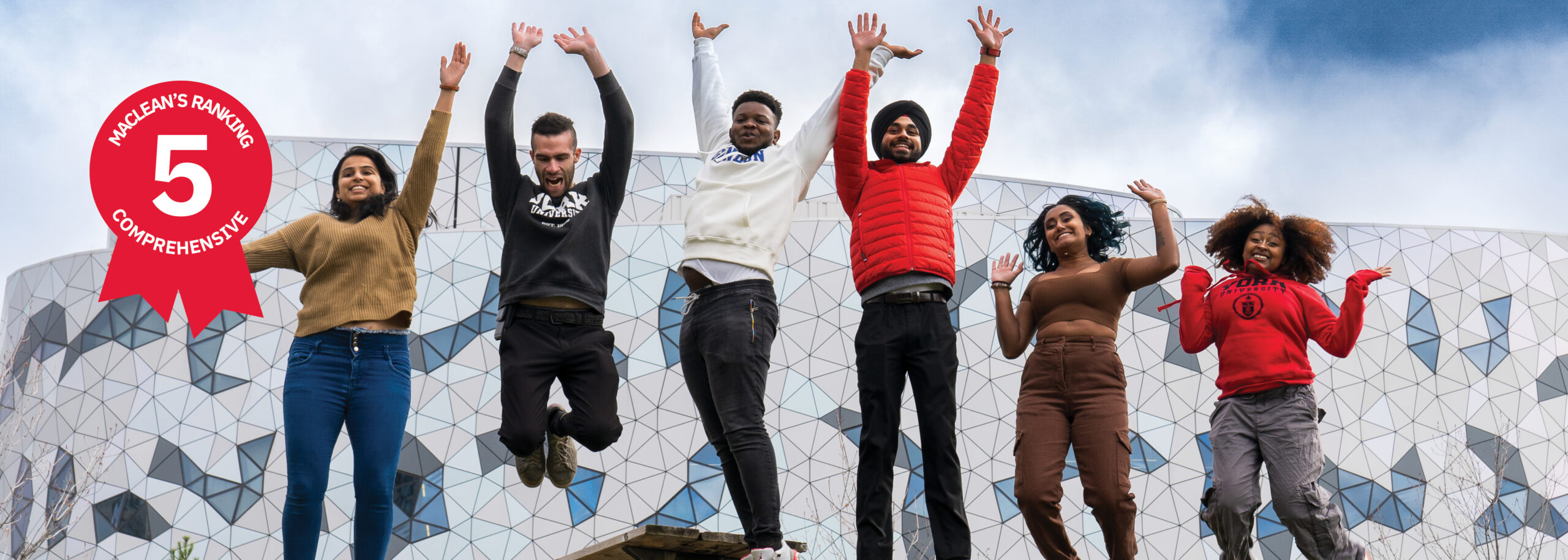What public should know on National Indigenous Peoples Day, York U experts
TORONTO, Tuesday, June 19, 2018 – As National Indigenous Peoples Day approaches, York University Indigenous experts can discuss Indigenous slavery in Canada, gender and colonization, justice, Métis treaties, the importance of Indigenizing education, as well as Indigenous knowledge systems and their effect on environmental governance and sustainable development, and more.
 Signa Daum Shanks (Métis), an assistant professor at Osgoode Hall Law School, can talk about Indigenous legal issues, Indigenous slavery in Canada, Métis treaties, the complexities of Indigenous governance and the role of Indigenous history as evidence in court. She can also speak to the reasons and importance of Indigenizing the learning/education process. She is a United Nations appointed participant in the UN’s annual Permanent Forum on Indigenous Issues.
Signa Daum Shanks (Métis), an assistant professor at Osgoode Hall Law School, can talk about Indigenous legal issues, Indigenous slavery in Canada, Métis treaties, the complexities of Indigenous governance and the role of Indigenous history as evidence in court. She can also speak to the reasons and importance of Indigenizing the learning/education process. She is a United Nations appointed participant in the UN’s annual Permanent Forum on Indigenous Issues.
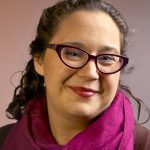 Ruth Koleszar-Green (Mohawk), an assistant professor at the School of Social Work, Faculty of Liberal Arts and Professional Studies (LA&PS), can discuss the importance of incorporating Indigenous histories and knowledges in social work education, as well as the issues of guest/host relationships and impacts on education in Indigenous communities. She is co-chair of the Indigenous Council at York and special advisor to the University’s president on Indigenous initiatives.
Ruth Koleszar-Green (Mohawk), an assistant professor at the School of Social Work, Faculty of Liberal Arts and Professional Studies (LA&PS), can discuss the importance of incorporating Indigenous histories and knowledges in social work education, as well as the issues of guest/host relationships and impacts on education in Indigenous communities. She is co-chair of the Indigenous Council at York and special advisor to the University’s president on Indigenous initiatives.
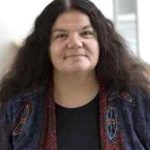 Bonita Lawrence (Mi’kmaw), associate professor and co-ordinator of the new Indigenous Studies Program in the Department of Equity Studies, LA&PS, can talk about urban, non-status and Métis identities, gender and colonization, federally unrecognized Indigenous communities and Indigenous justice. She is the author of Fractured Homeland: Algonquin Identity and Federal Recognition in Ontario, which addresses relations between status and non-status Algonquins as part of the Ottawa Valley land claim, and “Real” Indians and Others: Mixed-Blood Urban Native People and Indigenous Nationhood.
Bonita Lawrence (Mi’kmaw), associate professor and co-ordinator of the new Indigenous Studies Program in the Department of Equity Studies, LA&PS, can talk about urban, non-status and Métis identities, gender and colonization, federally unrecognized Indigenous communities and Indigenous justice. She is the author of Fractured Homeland: Algonquin Identity and Federal Recognition in Ontario, which addresses relations between status and non-status Algonquins as part of the Ottawa Valley land claim, and “Real” Indians and Others: Mixed-Blood Urban Native People and Indigenous Nationhood.
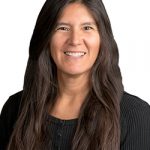 Deborah McGregor (Anishinaabe), a professor at Osgoode Hall Law School and the Faculty of Environmental Studies at York U, can discuss Indigenous knowledge systems and why they’re important to environmental governance, justice, forest policy, sustainable development and management. She is the principal investigator of the Indigenous Environmental Justice Project, a five-year Social Sciences and Humanities Research Council-funded initiative that looks at the inequitable distribution of the costs and benefits of environmental degradation. She is also co-editor of Indigenous Peoples and Autonomy: Insights for a Global Age (2010).
Deborah McGregor (Anishinaabe), a professor at Osgoode Hall Law School and the Faculty of Environmental Studies at York U, can discuss Indigenous knowledge systems and why they’re important to environmental governance, justice, forest policy, sustainable development and management. She is the principal investigator of the Indigenous Environmental Justice Project, a five-year Social Sciences and Humanities Research Council-funded initiative that looks at the inequitable distribution of the costs and benefits of environmental degradation. She is also co-editor of Indigenous Peoples and Autonomy: Insights for a Global Age (2010).
About York University
York University is known for championing new ways of thinking that drive teaching and research excellence. Our students receive the education they need to create big ideas that make an impact on the world. Meaningful and sometimes unexpected careers result from cross-discipline programming, innovative course design and diverse experiential learning opportunities. York students and graduates push limits, achieve goals and find solutions to the world’s most pressing social challenges, empowered by a strong community that opens minds. York U is an internationally recognized research university – our 11 faculties and 26 research centres have partnerships with 200+ leading universities worldwide. Located in Toronto, York is the third largest university in Canada, with a strong community of 53,000 students, 7,000 faculty and administrative staff, and more than 300,000 alumni. York U’s fully bilingual Glendon campus is home to Southern Ontario’s Centre of Excellence for French Language and Bilingual Postsecondary Education.
Media Contact:
Sandra McLean, York University Media Relations, 416-736-2100 ext. 22097, sandramc@yorku.ca

